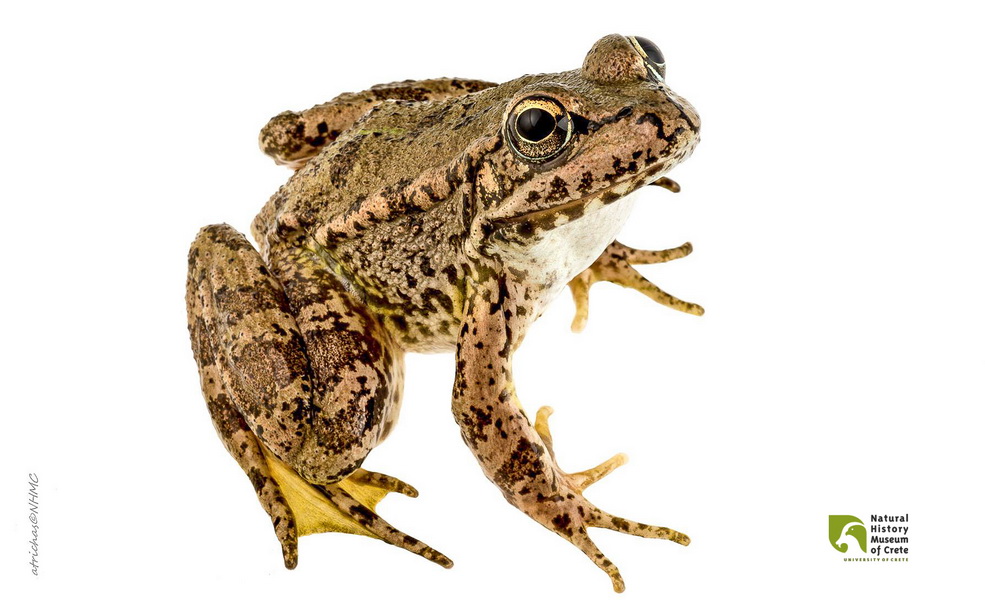
|
|
|
School > School
International School on Dynamic Energy Budget theory (May 26 - June 3 2025)
The DEB School is an advanced training course on the application of the Dynamic Energy Budget theory to your research. The objectives are (i) to learn fundamental concepts of DEB theory, (ii) to train participants to apply DEB modelling to support their research, and (iii) formulate their research questions. All applications of models come with the need to know parameter values so the course places due emphasis on extracting parameter values from real data (using so-called AmP procedures).
The School comprises a balance of theory (lectures), exercises, scientific discussions, and working on individual project. The individual projects are dedicated to applying knowledge of parameter values to ecological problems (inter-species comparisons in an eco-evolutionary setting, fore- and hind-casting, and more) which by necessity entails estimating DEB parameters for an animal from data using the AmP procedure.
The Projects will be focussed on DEB models for animals eating simple food, bearing in mind that DEB theory and associated parameter estimation methods can later be applied to more complex cases (nutrition, algae, etc.), once the student masters the basics.
DEB theory is the best tested quantitative theory on metabolic organisation; as such it has strong potential to support designing, carrying out, and interpreting ecological/biological investigations. During the entire course, participants will interact with skilled scientists actively involved in applying DEB to their own research.
This is the 9th edition of the DEB School: it builds upon our previous experience and is designed to foster networking and strengthening international cooperation. It further builds upon the last edition and includes new material and insights stemming from the latest phase in the DEB research program.
School participation is limited to 40 attendees. Participants will be registered on a first come, first served basis.
Learning objectives
- Formulate a research question
- Know core DEB concepts and associated alternative concepts
- Able to estimate DEB parameters from real-world data
- Discuss biological realism of DEB parameters
- Apply DEB parameter (estimation) to support your own research
- Capacity to apply DEB to address contemporary problems in conservation, environmental impacts, and resource management
School certificate
During the registration process, please indicate on the registration form if you would like a certificate of attendance. In order to receive a certificate the attendee must have completed the course work: (i) submission of a discussion topic, (ii) submission of a file with data from the animal species they will work on for their Project (preferably a species relevant to one's research), and (iii) presentation of findings at the end of the course.
School topics
- Metabolic theories, evolution and transfers of scale (population, ecosystem)
- Philosophy of science, emerging frontiers in machine learning, metabolism of economies
- Method for DEB parameter estimation, sensitivity analysis
- Evaluation of quality of parameters (biological realisms aka estimation in context and goodness-of-fit)
- Coupling of DEB models and physical environmental variables
- Review the basics of DEB theory and the standard DEB model
- Example applications of theory in ecology and ecotoxicology
Pre-school work
- Follow the DEB Tele-course (highly recommended)
- Prepare a Discussion topic related to potential DEB applications in your own research, where you can pose questions about problems that you expect to meet in such applications.
- Compile data for your Project (by either choosing a relevant animal for your research, if you are working on something that is not an animal, please write to us to discuss best options).
- Install all software and packages, and make sure it runs (further information will be given once participants are registered).
How to register?
Follow this link to the dedicated page.

Pelophylax cretensis (Κρητικός βάτραχος), NHMC – UoC © Trichas, A.

